The impact of the UK’s ‘phenomenal level’ of avian flu
Free-range chicken could disappear from UK shelves due to ‘endemic’ viral outbreak
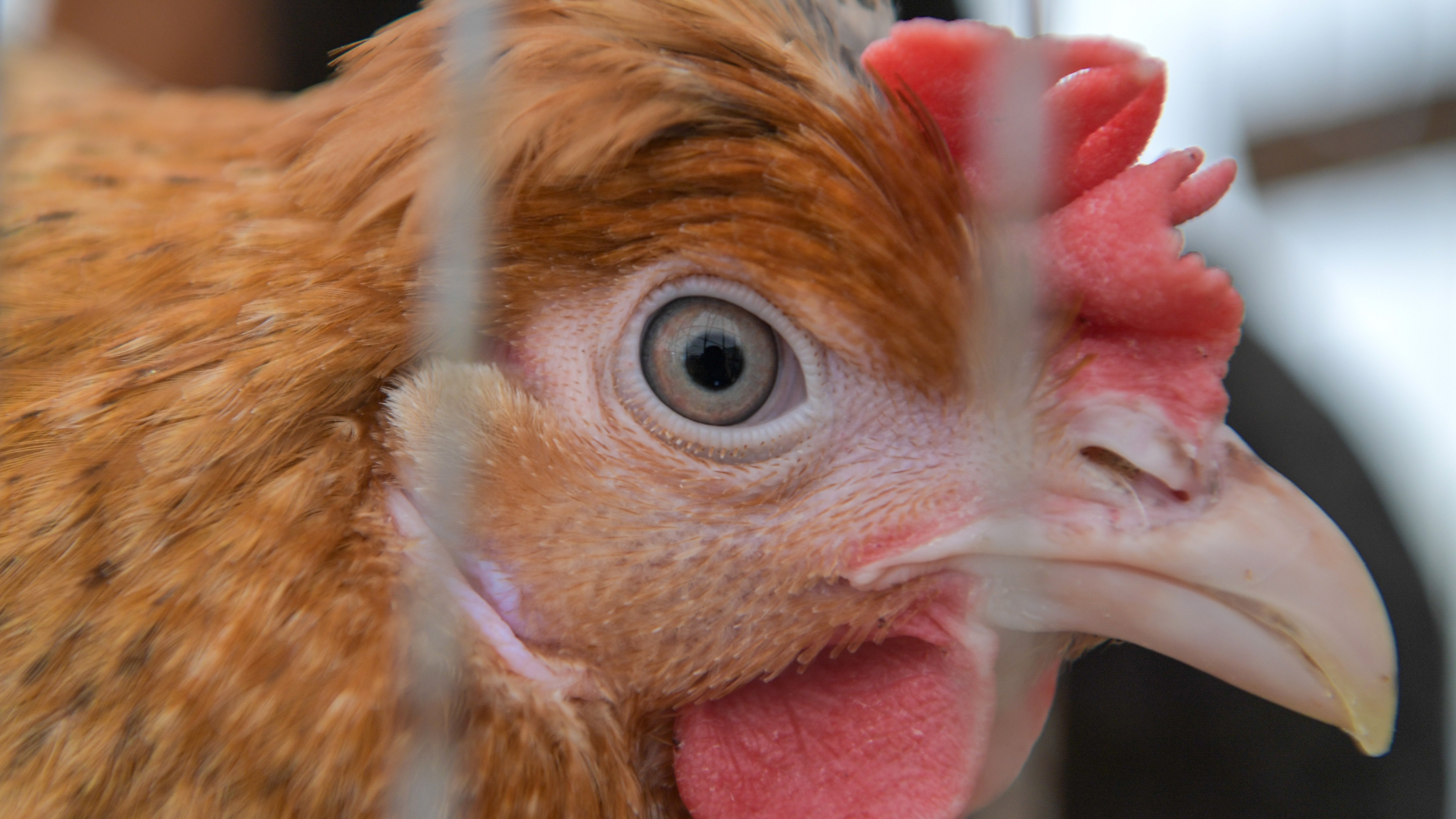
A free daily email with the biggest news stories of the day – and the best features from TheWeek.com
You are now subscribed
Your newsletter sign-up was successful
Free-range chicken and eggs could be a thing of the past in the UK due to the highly infectious avian flu that now appears “endemic”, experts have warned.
“The UK and continental Europe have been hit by the largest outbreak of avian flu on record this winter”, The Guardian reported. UK farmers have been under strict instructions to keep their birds indoors since last November.
The guidance means that chickens can no longer be labelled free-range, as UK regulations require free-range poultry to have access to the outside during daylight hours.
The Week
Escape your echo chamber. Get the facts behind the news, plus analysis from multiple perspectives.

Sign up for The Week's Free Newsletters
From our morning news briefing to a weekly Good News Newsletter, get the best of The Week delivered directly to your inbox.
From our morning news briefing to a weekly Good News Newsletter, get the best of The Week delivered directly to your inbox.
In December, Dr Christine Middlemiss, the country’s chief veterinary officer, told BBC Radio 4 that tens of thousands of captive birds at UK farms and sanctuaries had been culled after the “largest number of premises ever” reported cases of avian flu.
According to the Department for Environment, Food and Rural Affairs (Defra), the risk to human health is “very low”, although diseased birds should not be handled or touched. But the outbreak “has huge human, animal, and trade implications”, Middlemiss warned.
How is avian flu spread?
The illness is “largely spread by migratory wild birds which return to Britain and pass it on to other birds”, said the BBC, and has no links to the Covid-19 pandemic.
Asked if the climate crisis might be to blame for the uptick in bird flu infections, Middlemiss said that “it’s certainly one of the thoughts that our experts are having”. She explained: “The birds migrate to the north of Russia over the summer and mix with other birds on other global flight pathways and exchange the viruses. So it’s quite plausible that with climate change and change in pathways that different mixing is going on.”
A free daily email with the biggest news stories of the day – and the best features from TheWeek.com
She said that “heightened biosecurity measures” would be needed until the end of the migratory season, which goes on until March.
An Avian Influenza Prevention Zone was declared across the UK on 3 November and was extended on 29 November. Under the restrictions, all bird owners must keep the animals indoors and follow “strict biosecurity measures”, regardless of “whether they have pet birds, commercial flocks or just a few birds in a backyard flock”, according to Defra guidelines.
Will UK outbreak affect food supplies?
Middlemiss told the Today programme in December that food supplies should not be affected, because the tally of affected premises was “a relatively very small number in terms of egg supply, meat, chicken and so on”.
She warned at the time that every bird where an outbreak has been confirmed would be killed, however, adding that “for those keepers affected, it is really devastating”.
But the regularity of avian flu outbreaks means that “free-range chickens and eggs may no longer be feasible to produce in the UK and elsewhere in Europe in future”, The Guardian reported.
Experts have suggested that “highly pathogenic variants of avian flu now appear to be endemic in wild birds”, the paper added, “creating a risk of infection all year”.
“There is a serious problem for free-range and outdoor farms,” said Dr Guillaume Fournié, a veterinarian and epidemiologist at the Royal Veterinary College.
“We are seeing outbreaks on large [indoor] poultry farms that would have had high biosecurity. This suggests that with high environmental exposure to the virus, now it’s hard to ensure a farm is 100% biosecure.”
This warning was echoed by Marion Koopmans, a virologist and adviser to the World Health Organization, who said the current situation is “horrible” for producers of free-range poultry.
“The ecology [of avian flu] has changed drastically in just a few years,” she said. “We now have local circulation all year round in Europe, it’s not just a seasonal threat. It has a permanent presence in the wild bird population.”
-
 How the FCC’s ‘equal time’ rule works
How the FCC’s ‘equal time’ rule worksIn the Spotlight The law is at the heart of the Colbert-CBS conflict
-
 What is the endgame in the DHS shutdown?
What is the endgame in the DHS shutdown?Today’s Big Question Democrats want to rein in ICE’s immigration crackdown
-
 ‘Poor time management isn’t just an inconvenience’
‘Poor time management isn’t just an inconvenience’Instant Opinion Opinion, comment and editorials of the day
-
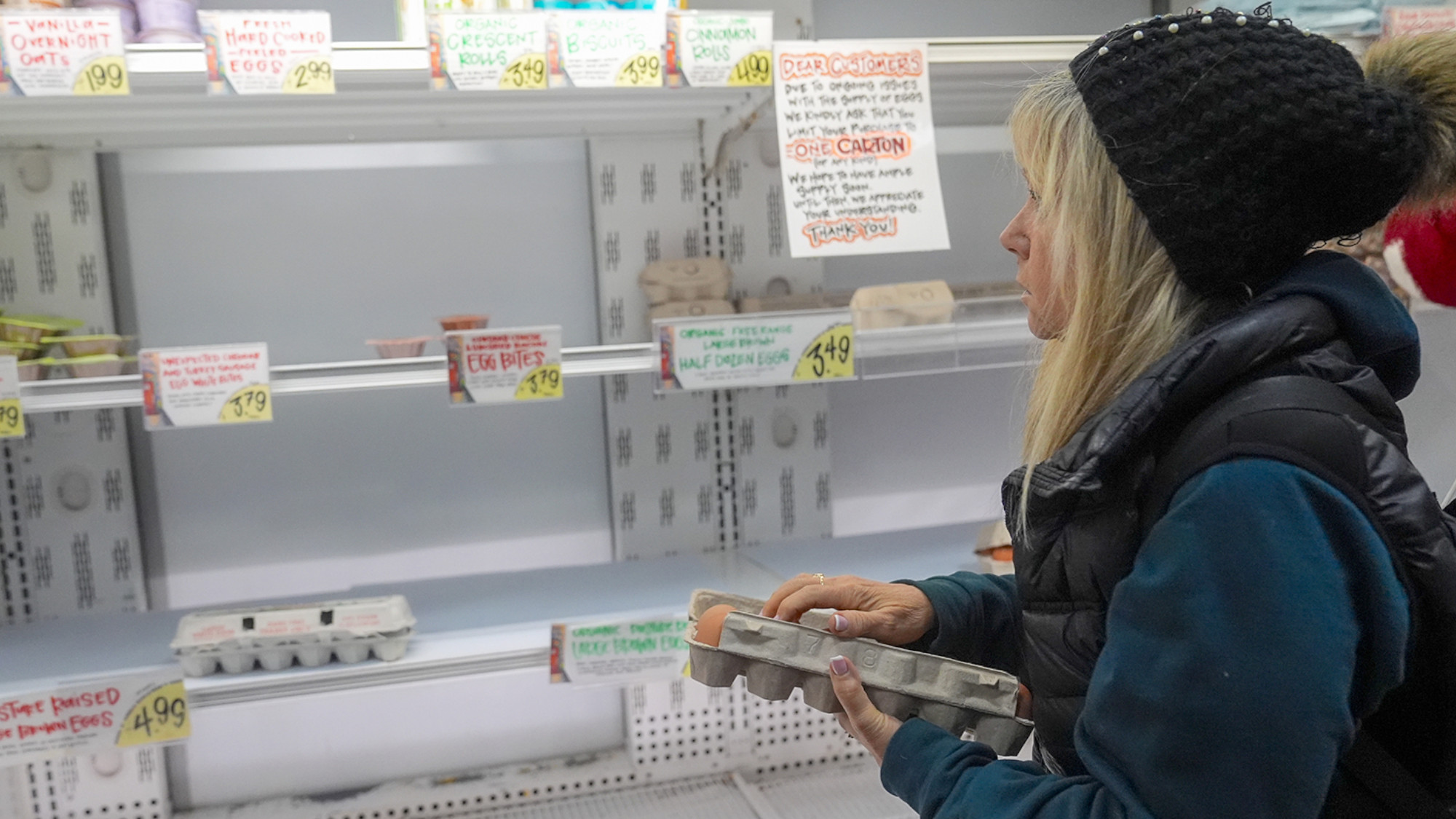 Bird flu: The viral threat pushing up egg prices
Bird flu: The viral threat pushing up egg pricesFeature
-
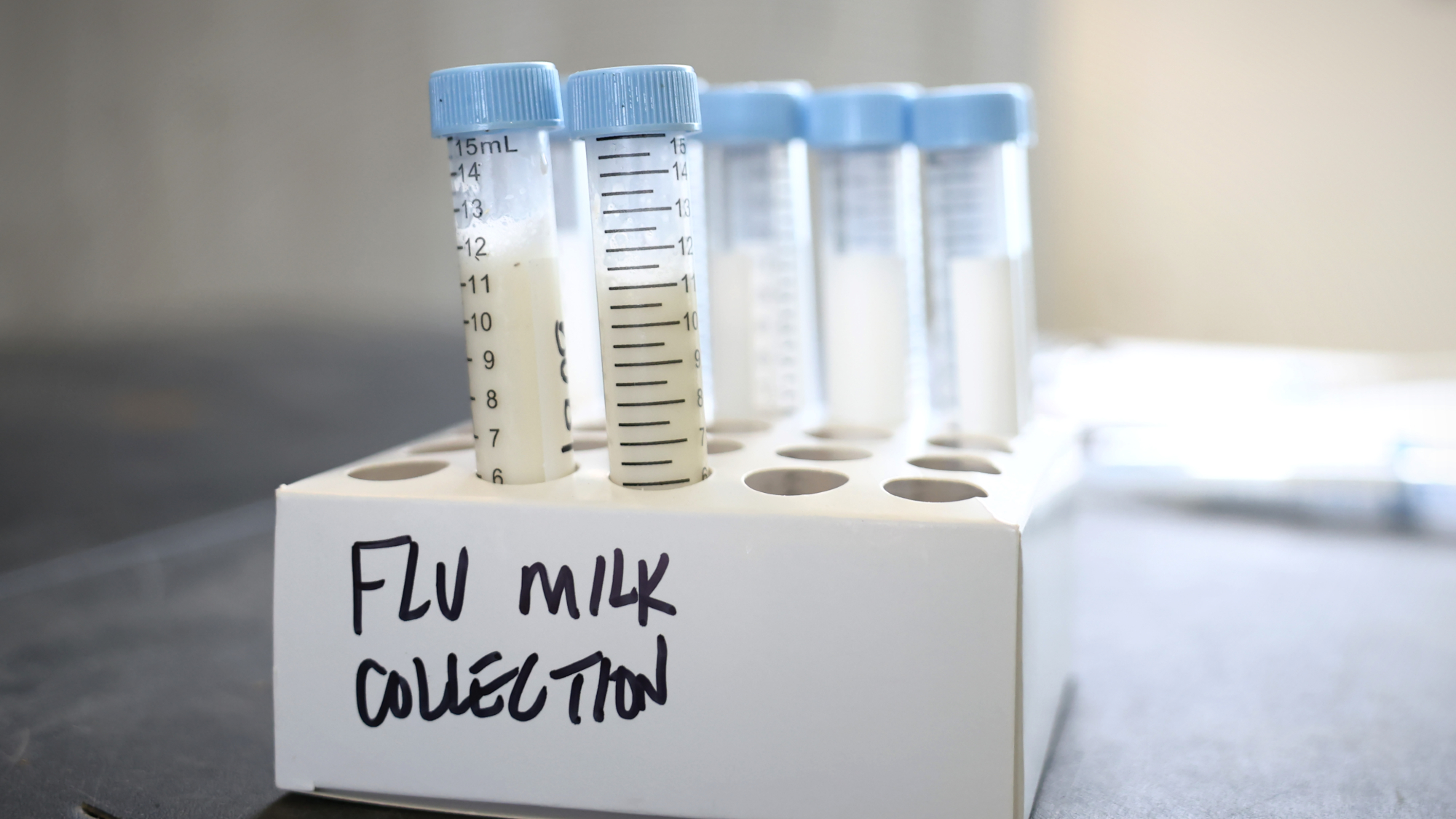 New form of H5N1 bird flu found in US dairy cows
New form of H5N1 bird flu found in US dairy cowsSpeed Read This new form of bird flu is different from the version that spread through herds in the last year
-
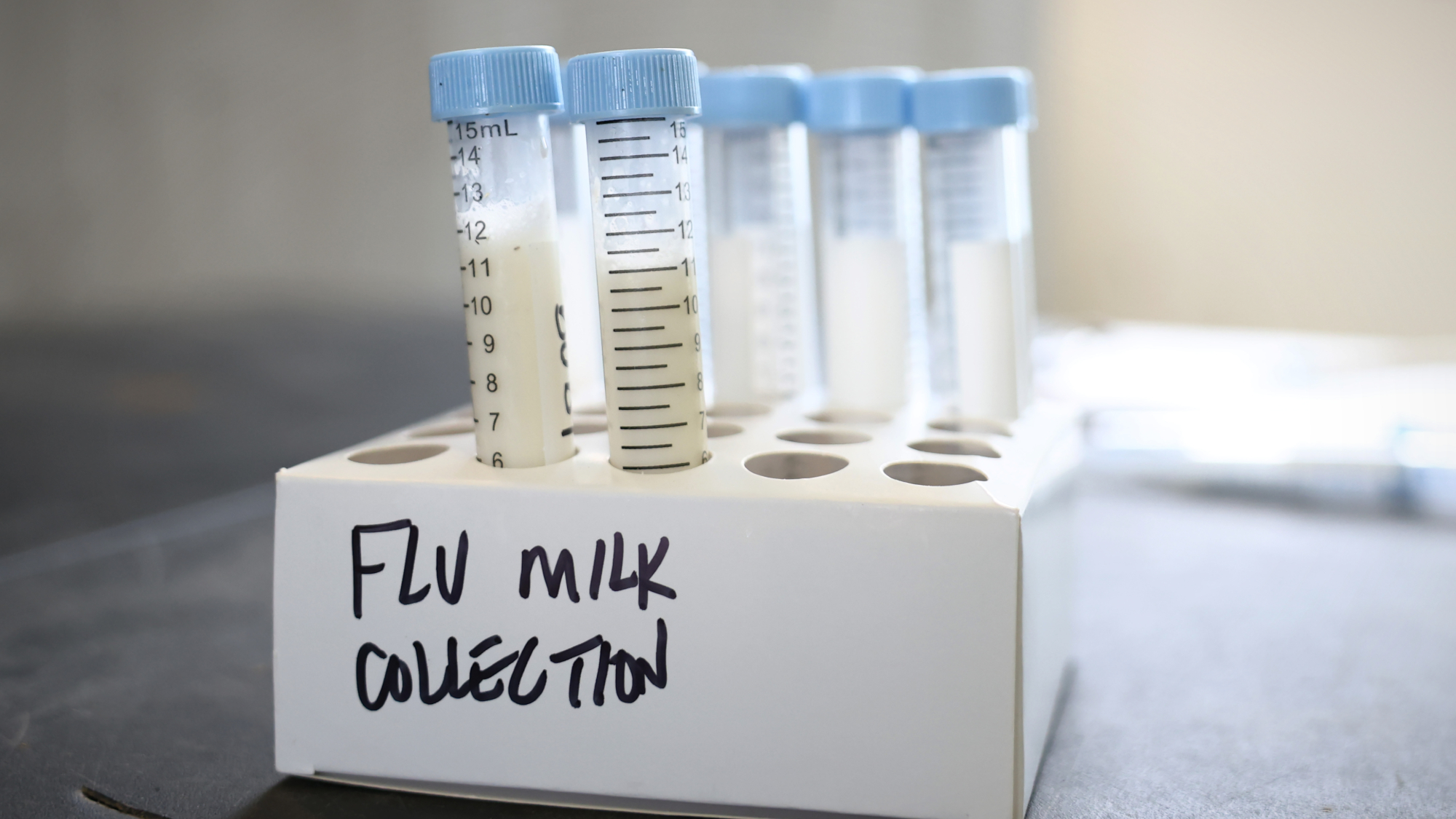 California declares bird flu emergency
California declares bird flu emergencySpeed Read The emergency came hours after the nation's first person with severe bird flu infection was hospitalized
-
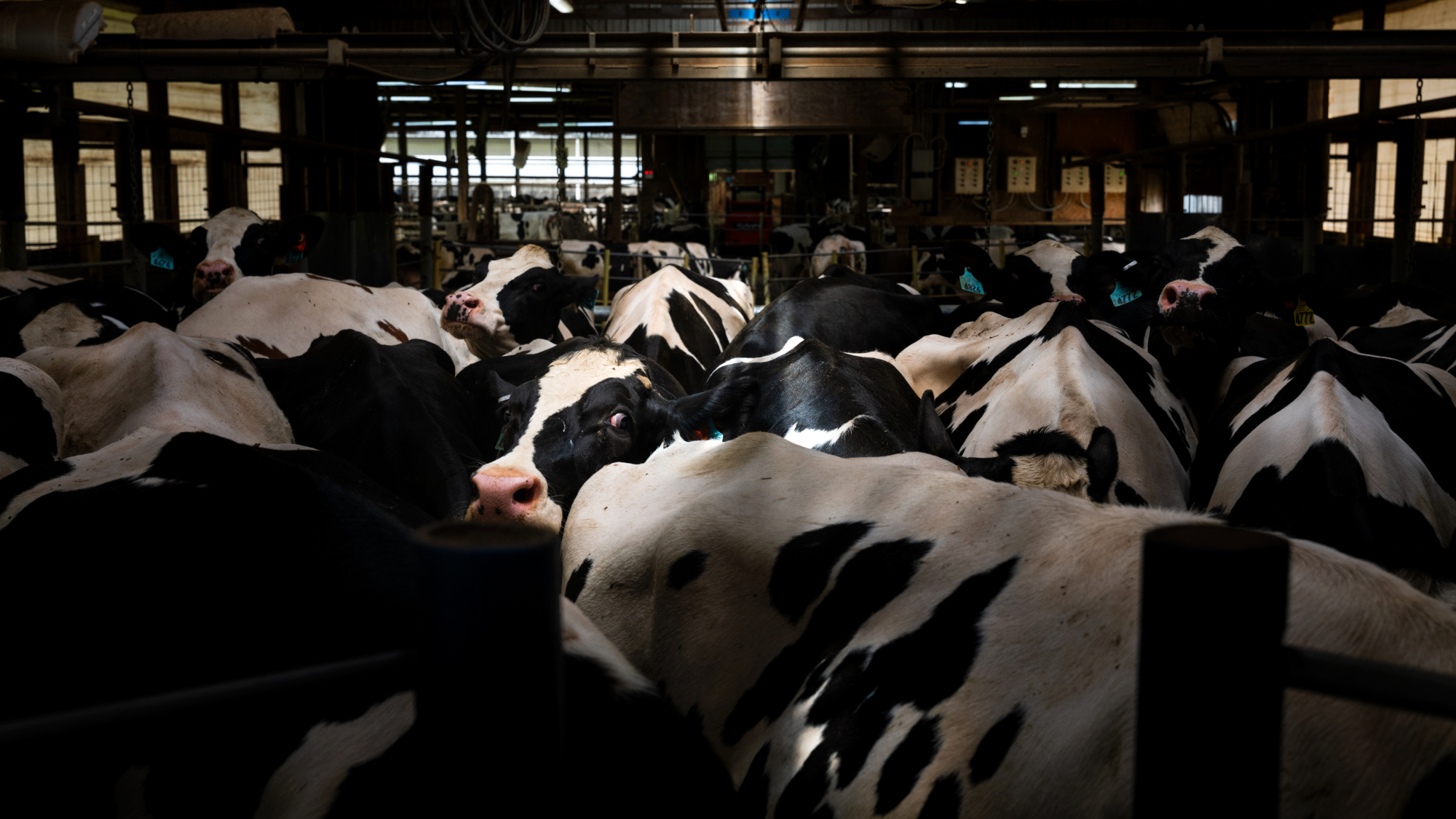 Bird flu one mutuation from human threat, study finds
Bird flu one mutuation from human threat, study findsSpeed Read A Scripps Research Institute study found one genetic tweak of the virus could enable its spread among people
-
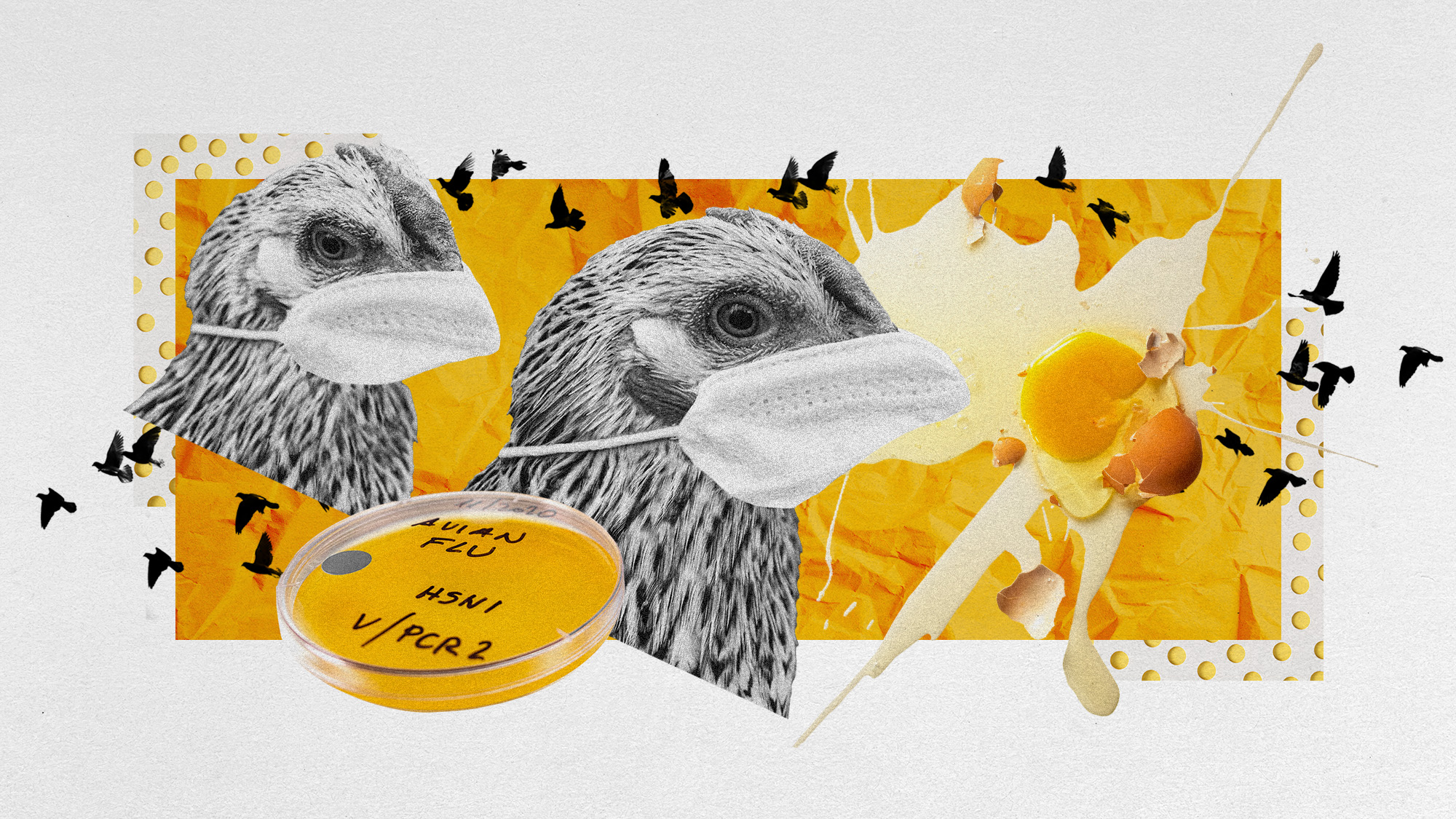 The bird flu fight is faltering
The bird flu fight is falteringTalking Points Are pandemic lessons going unheeded?
-
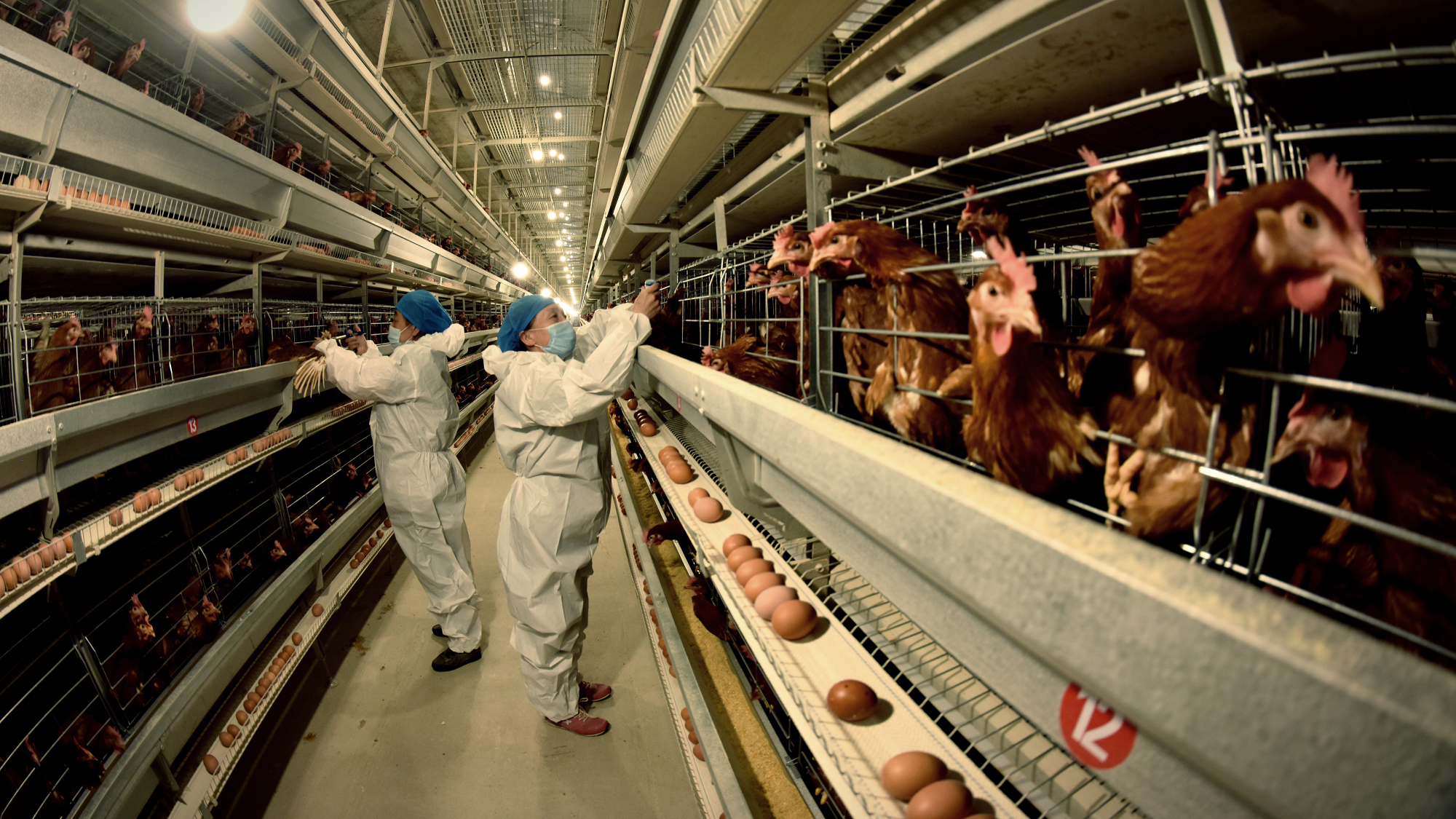 Bird flu worries mount as virus found in milk, cows
Bird flu worries mount as virus found in milk, cowsSpeed Read The FDA found traces of the virus in pasteurized grocery store milk
-
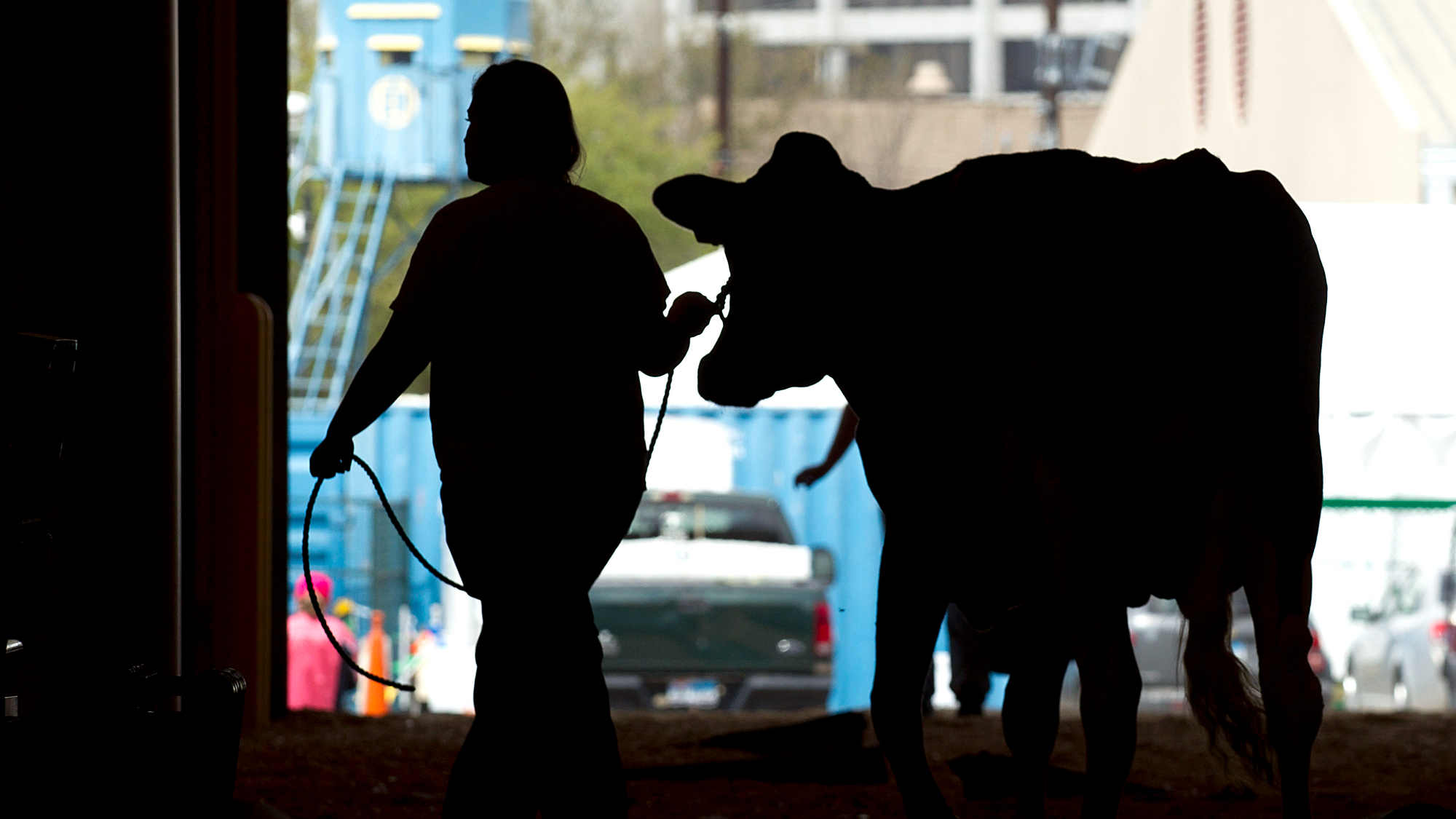 Texas dairy worker gets bird flu from infected cow
Texas dairy worker gets bird flu from infected cowSpeed Read The virus has been spreading among cattle in Texas, Kansas, Michigan and New Mexico
-
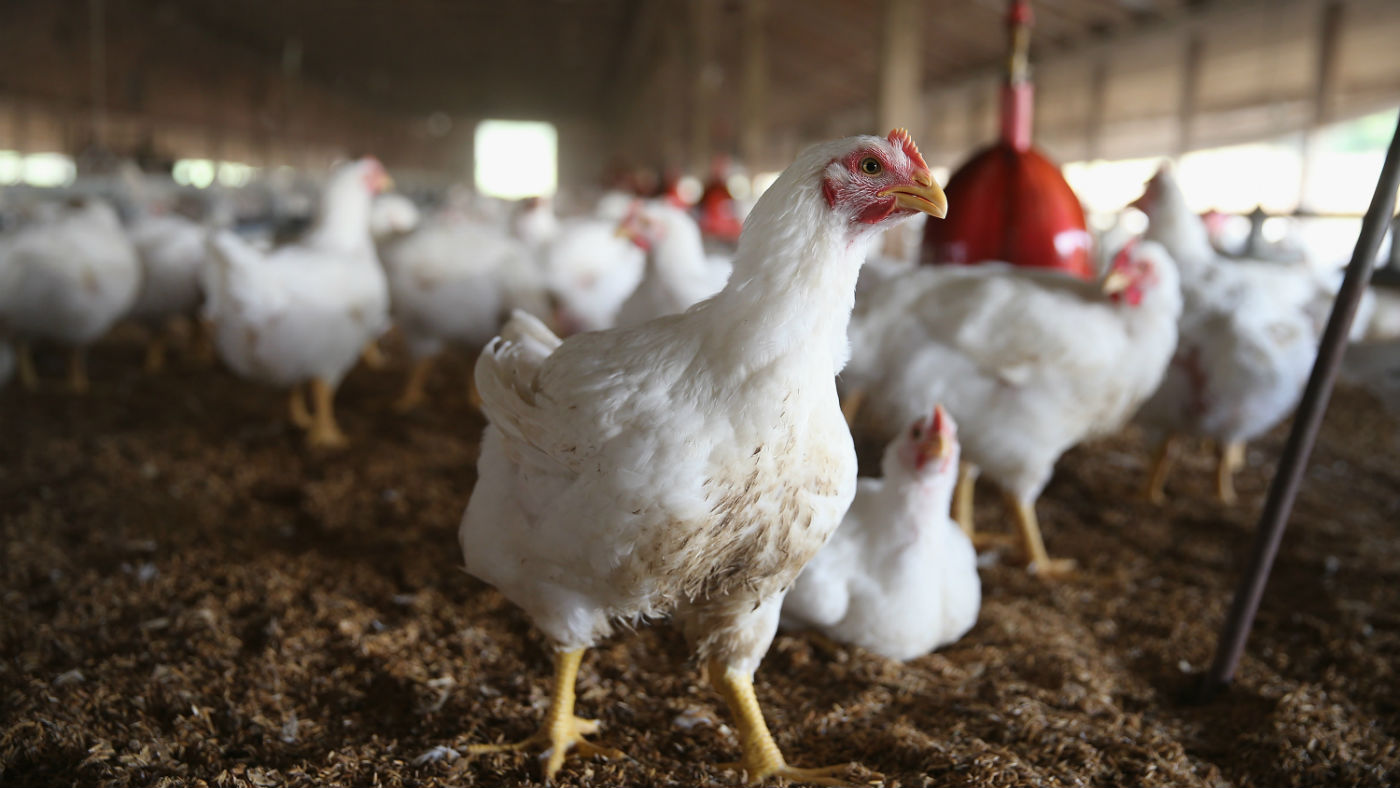 Two people test positive for bird flu on farm in England
Two people test positive for bird flu on farm in EnglandSpeed Read There is currently no evidence of the virus being transmitted between humans